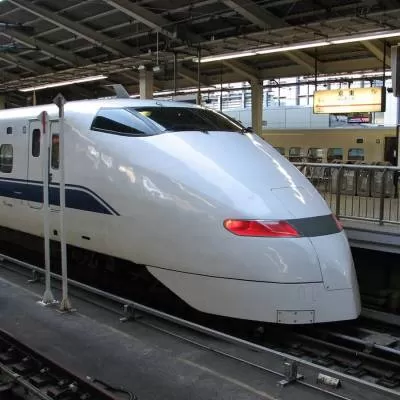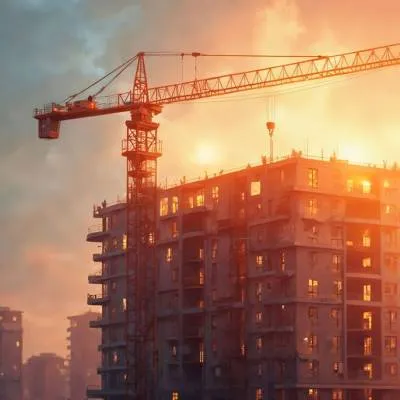Schedule a Call Back
Mumbai-Ahmedabad Bullet Train Set to Launch by 2028
2025-05-15

India’s first bullet train is set to revolutionize high-speed travel along the western corridor, with the Mumbai-Ahmedabad high-speed rail project aiming for a 2028 launch. This announcement marks a major milestone in India’s infrastructure goals, as it promises to reduce travel time between the two economic hubs from eight hours to just three.
Spanning a planned 508-kilometre stretch, the corridor stands as a flagship example of Indo-Japanese collaboration in technology and engineering. Once operational, the train is expected to transform intercity mobility and place India among the select group of countries equipped with dedicated bullet rail systems.
Officials have indicated that construction in the Gujarat section is advancing rapidly, while Maharashtra has recently resolved earlier bottlenecks that had caused delays in the timeline.
The bullet train will pass through 12 stations, strategically located across key growth centers in Gujarat and Maharashtra. Mumbai’s station is being built underground to enable seamless connections with existing public transport, whereas the other stations will be elevated. The route will include stops at Thane, Virar, Boisar, Vapi, Surat, Vadodara, and Ahmedabad, among others. Additionally, a future extension to Vadhvan near the proposed deep-sea port is under consideration, aligning with India’s plans for multimodal transport integration.
The first trial run is expected in 2026, covering a 50-kilometre stretch between Surat and Bilimora. This particular corridor, often cited as one of India’s busiest passenger zones, is anticipated to witness a major shift toward greener transportation options once the project is completed.
With an estimated cost of Rs 1.1 trillion, the high-speed rail project is not only a technological feat but also incorporates energy-efficient design elements. The operational plan includes solar power integration and rainwater harvesting systems, laying a foundation for a carbon-neutral future. The anticipated modal shift from road and air travel to rail is projected to significantly reduce carbon emissions and ease traffic congestion, thereby supporting India’s climate commitments under the Paris Agreement.
Beyond improving mobility, the project is expected to stimulate employment, foster local industry linkages, and encourage urban development along its route. Transit-oriented development around the bullet train stations is projected to create new economic clusters and promote more equitable land use, benefiting peri-urban and semi-rural communities.
Although initial delays in Maharashtra had raised concerns about project execution, recent developments suggest a course correction and renewed political will to meet the deadlines. Against the backdrop of growing demand for efficient, eco-friendly transport solutions, the bullet train offers a preview of a future where speed, sustainability, and accessibility are combined.
As Indian cities prepare for climate resilience and inclusive infrastructure, the Mumbai-Ahmedabad bullet train project could set a benchmark for next-generation urban transit systems.
News source: Urban Acres


Subscribe Now
Subscribe to our Newsletter & Stay updated
RECENT POSTS
Popular Tags
Folliow us
Related Stories
Supreme Court Clears NBCC to Complete 16 Stalled Supertech Projects
In a significant relief to thousands of homebuyers, the Supreme Court of India has upheld the order of the National Company Law Appellate Tribunal ...








